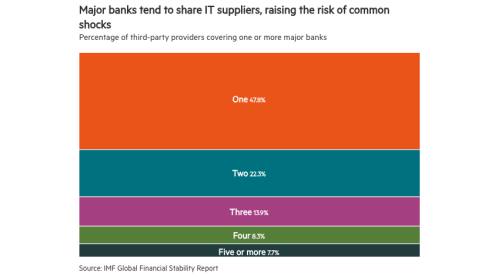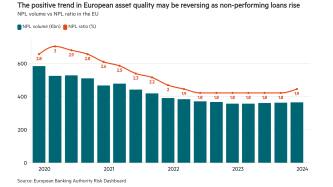Next year, Swedish banks face mixed prospects. The outlook for bank profitability and capital remains favourable, but asset quality will deteriorate and retail funding will likely contract, says Scope Ratings in a report.
Recently, lenders in the Nordic country have enjoyed gains in net interest income. The credit risk profile of Swedish banks is stable as they have comfortable capital buffers with a common equity Tier 1 ratio of 16.3%–19.4%, a balanced portfolio of mortgages and corporate loans, and a diversified and cost-efficient funding structure.
However, Scope Ratings expects the Swedish economy to contract 0.7% this year after strong growth of 5.4% in 2021 and 2.6% in 2022.
The country’s slow growth and investment outlook will also affect lending. Highly leveraged households are particularly sensitive to higher interest and rising inflation because of the quick changes in interest rates on their accumulated debt.
In particular, the increase in interest rates is limiting demand for mortgages, the main growth driver of retail banking in Sweden.
Swedish banks rely on a stable and large base of deposits and covered bonds in terms of funding. However, the rating agency expects banks in the Nordic country to soon start remunerating deposits better.
Finally, capital levels remain solid, but Scope foresees some reduction by year-end 2024, through high dividend payouts and share buybacks, as banks target more efficient management of capital buffers.












